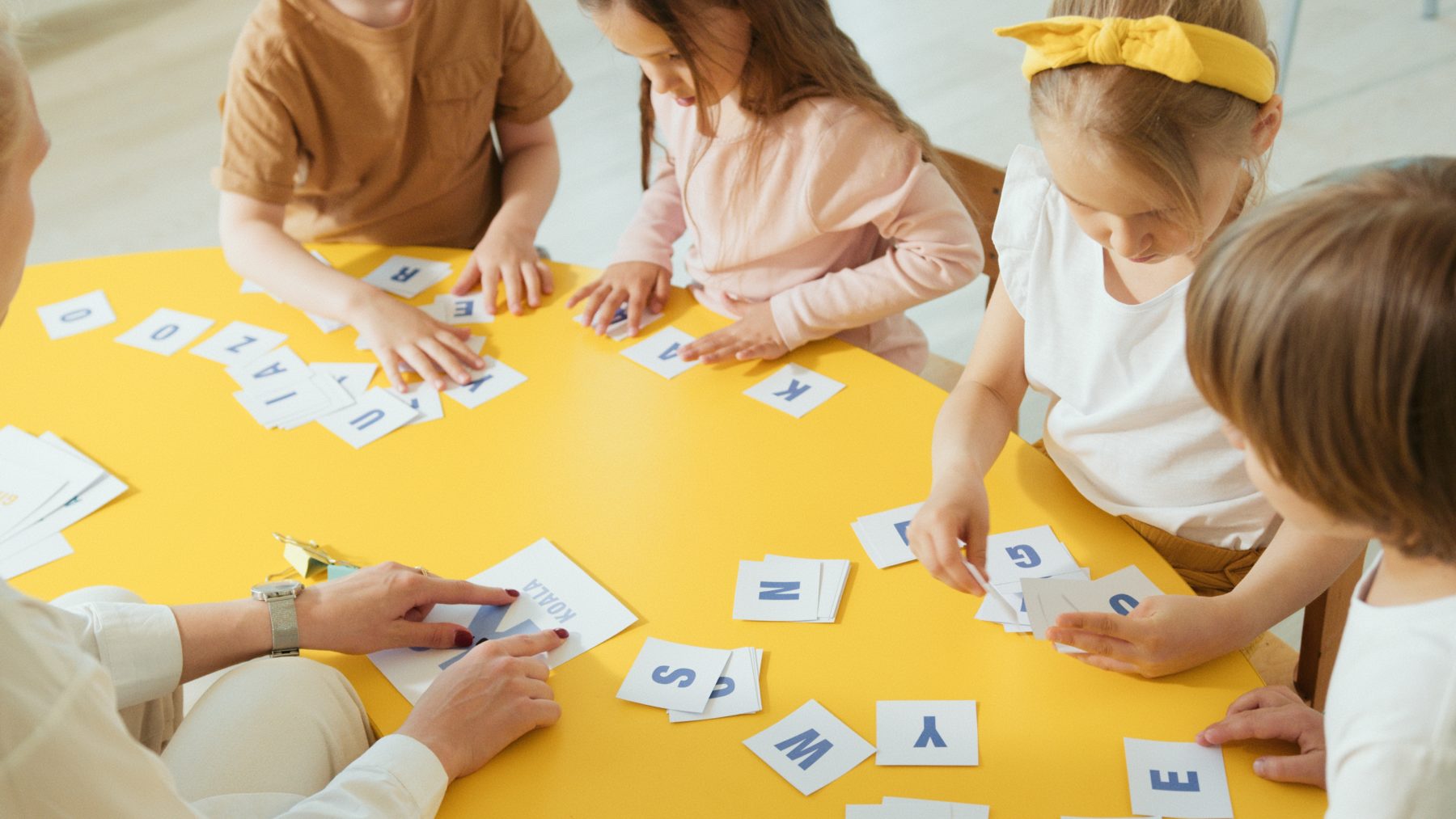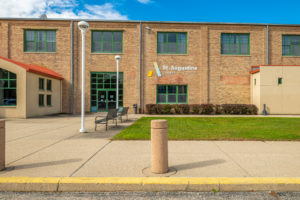ECE and the Four Planes of Childhood Development

For both parents and teachers, knowing the developmental areas of a toddler is the first step to creating the educational steps a toddler needs. Child development is significant in the first six years of life. This is when life’s early milestones happen during this period, such as learning to crawl, taking their first steps, and first words. Early childhood development is so crucial because it establishes the child’s future with an impact on their social and emotional health. These 4 areas of development in toddlers feature their own benchmarks of success and are developed in different ways.
Social Development
Social development is a child development area that is one of the first signs of a toddler becoming independent, and developing autonomy around the age of 2 to 3. This can be seen in various ways, such as seeing a toddler walking over to sit with a friend in preschool, or taking turns with somebody else. Of course, not all elements of social development are good and need to be gently taught by an early childhood educator. Adult support is necessary when explaining what “No!” means, and to help a child get through a temper tantrum.
Emotional Development
Emotional development in a child’s developmental areas can be tied heavily to social development. While social development is how a toddler interacts with the world around them, emotional development is the understanding of their own emotions. The best way to do so is by talking through feelings, especially when a child is having a temper tantrum. Having a child use a “feeling chart” makes them recognize that their emotions are valid, and can be dealt with in a mature manner.
Physical Development
Of the 4 areas of development, physical development is one that can be easily done both in and out of the home by encouraging movement and staying active. Physical development is the growth of both the body and the brain and how they relate to one another via hand-eye coordination and muscle control. This encourages them to use their body, not just to exert themselves to run or perform athletic feats, but even to perform something as simple as holding a pencil or stacking building blocks.
Intellectual Development
Child development areas like intellectual (or cognitive) development are about the growth of a child’s ability to think or reason. This ties in with both a child’s emotional development and social development, in order to make sense of the world they live in logical and rational ways.
What is the Best Way to Train a Toddler’s Areas of Development?
Socialization in and out of the family home is one of the best ways a child can work on their areas of development. From learning in a pre-K classroom or sharing toys and playing games on the playground, human beings naturally develop skills to interact with one another and themselves by engaging in the community around them. This community should be built on positive encouragement and an understanding of how to encourage a toddler toward success. Doing so doesn’t just have a short-term impact, it could help them develop skills that they use all their lives. A proper early childhood educator harnesses the 4 areas of development through games that secretly contain lifelong lessons. Getting an ECE degree is the first step to becoming a part of this process. At St. Augustine College, the Bachelor of Arts in Early Childhood Education will give you the tools to succeed in the classroom. With flexible classes and a talented faculty, St. Augustine of Chicago works for you, rather than the other way around. Curious? Learn more today about how a degree today can build a future tomorrow.




